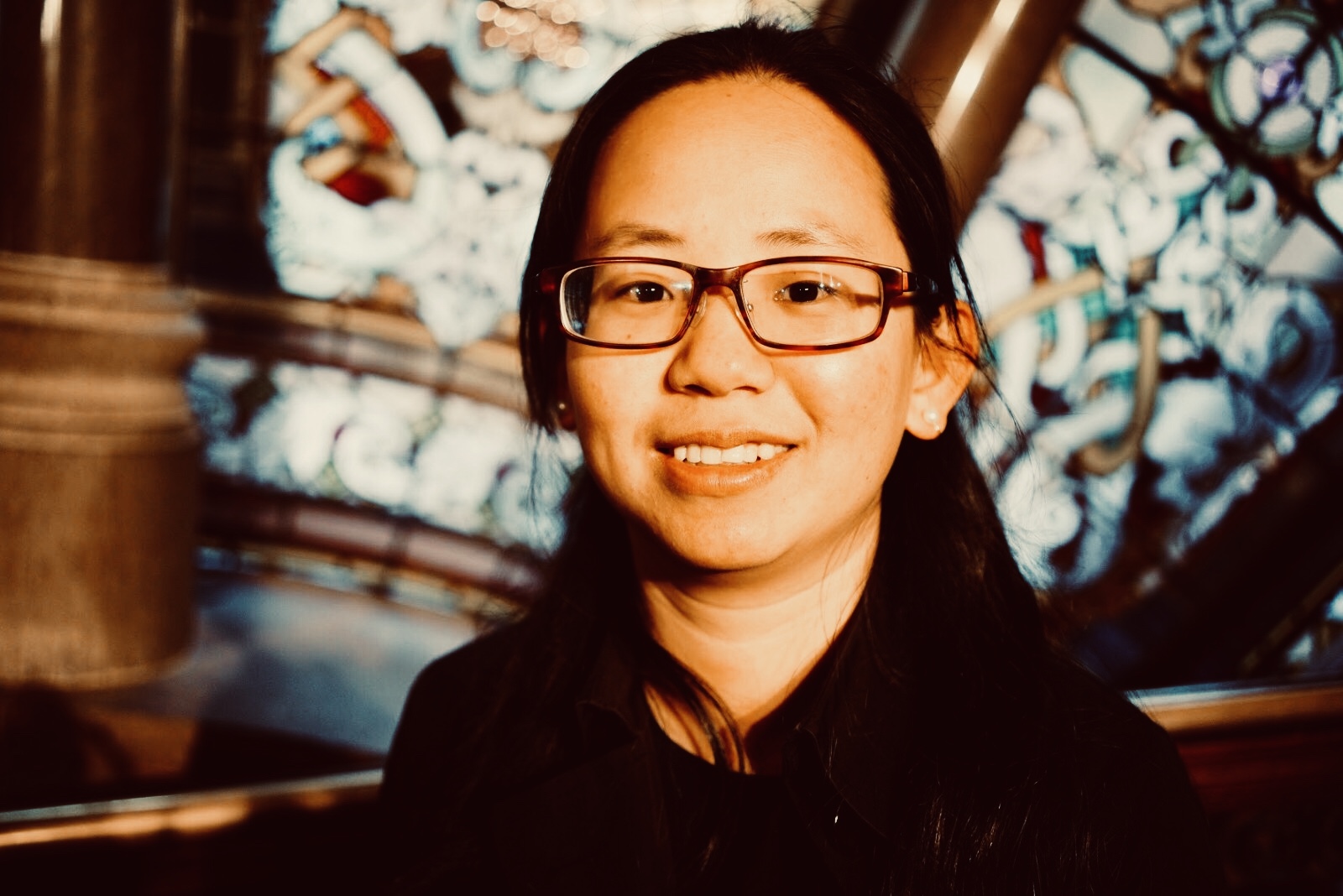Assistant Professor Xue Zhang
Xue Zhang is a historian of early modern China, specializing in the history of geographical knowledge and cartography, science and technology, borderlands, and bureaucratic practices.
Currently, she is finishing her first monograph on the Han-Chinese literati’s evolving knowledge of water resources in Central Asia. Drawing upon travel accounts, gazetteers, and government records, she documents the intellectual changes from 1700 to the 1880s and how these changes in conceptualization impacted the policy-making process in the late Qing. Her second project examines the Grand Secretariat of the Qing central government, with special attention to low-ranking secretaries (zhongshu). She tentatively argues that the significance of the Grand Secretariat in the Qing dynasty has long been neglected, and that secretaries were well-connected and able to direct information within the imperial bureaucracy. In addition to her two book projects, she is working on two side projects regarding the Qing state worship of rivers and lakes and the debate on the visuality and textuality of cartography in modern China. During her visit, she looks forward to using archives and rare books in Cambridge and the United Kingdom to further examine the transregional transmission of geographical knowledge between nineteenth-century China and Britain.
Select publications
- “Managing Borderlands through Images: Maps in Memorials during the Daoguang Reign (1820–50)” in Jessica Harrison-Hall, ed., China 1800s: Material and Visual Culture (London: British Museum Press), 124-131.
- “Imperial Maps of Xinjiang and Their Readers in Qing China, 1660–1860,” The Journal of Chinese History 4, no.1 (2020): 111-133.
- “The Plurality of Reception: Latitude and Longitude in Early Modern China, 1680-1881,” Isis: A Journal of the History of Science Society 113, no.3 (2022): 537–558.










